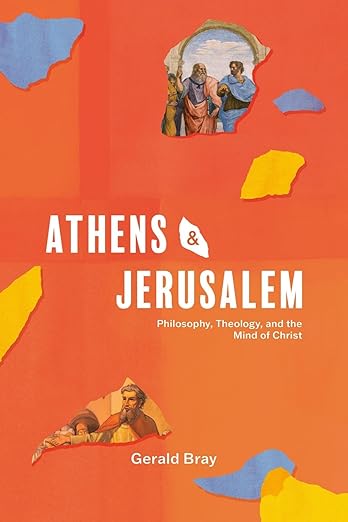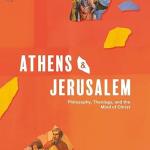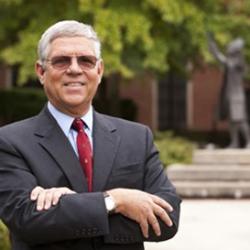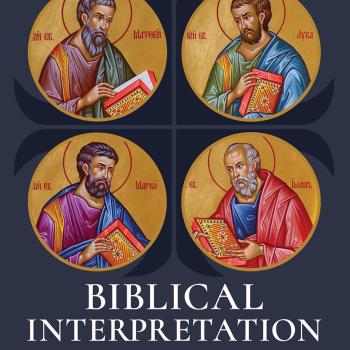By now you will perhaps have noticed that on the cover of this book are little cameos of the large painting of Raphael of the School of Athens, which is of course totally appropriate considering the content of this book. As Bray says at the outset of his final chapter, theology, unlike philosophy is dependent on divine revelation and is an interpretation of that, even if the subject is natural theology. (p. 329). Philosophy is indeed different from that as it begins with the human mind and tries to make sense of the world we live in. In other words, its focus is not predetermine like Christian theology’s is.
But what are the presuppositions of philosophy, including the philosophy of science? For one thing, science takes on faith both that there is an objective reality outside the human mind, and that the human sense are reliable enough that we can know some definite factual things about that objective reality. If the human senses are completely unreliable then nothing outside the human mind can be known with an certainty. Fortunately, both Christian faith and philosophy, and also modern science believe there is an objective reality outside our minds and it can be reliably known because our senses can convey accurate information, though they do not always do so.
Here however is Bray’s list (pp. 332ff.) of metaphysical presuppositions that science including philosophy of science takes for granted: 1)there is a universe that is orderly and rational; 2) the human mind is able to understand the workings of the material universe; 3) the order of the universe is determined by contingency, not by absolute necessity… and the only way to find out how the world works is by trial and error, which itself is process involving contingency. 4)the universe has an existence outside the human mind, which then means if our assumptions are wrong and the evidence suggests something else, we must modify our thinking about the world; 5) in resolving the mysteries of the universe, researchers prefer solutions that are simple and beautiful. Simplicity can be an objective fact, but beauty is a subjective evaluation of it. 6) most scientists and virtually all philosophers distinguish between what is objectively real or possible (fact) and what is desirable (value).
The theologian when looking at those six points, see various similarities to Christian beliefs. Just looking at Gen. 1-4 makes clear: 1) the universe is orderly and rational because it has been created that way by God; 2) the human mind has been given the ability to both understand the universe and to exercise dominion over it. 3) the contingency in nature is inscribed in the cause and effect laws that govern it, which laws allow for change, but to some extent can be guided and controlled by human beings. 4)the universe has an independent and self-contained existence. It is not a mere extension of God’s being but has been created out of nothing. Bray ends with the hopeful note that history tells us that it is when revival happens that positive change to society and the world can and does happen.















